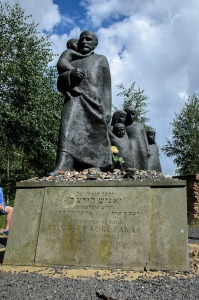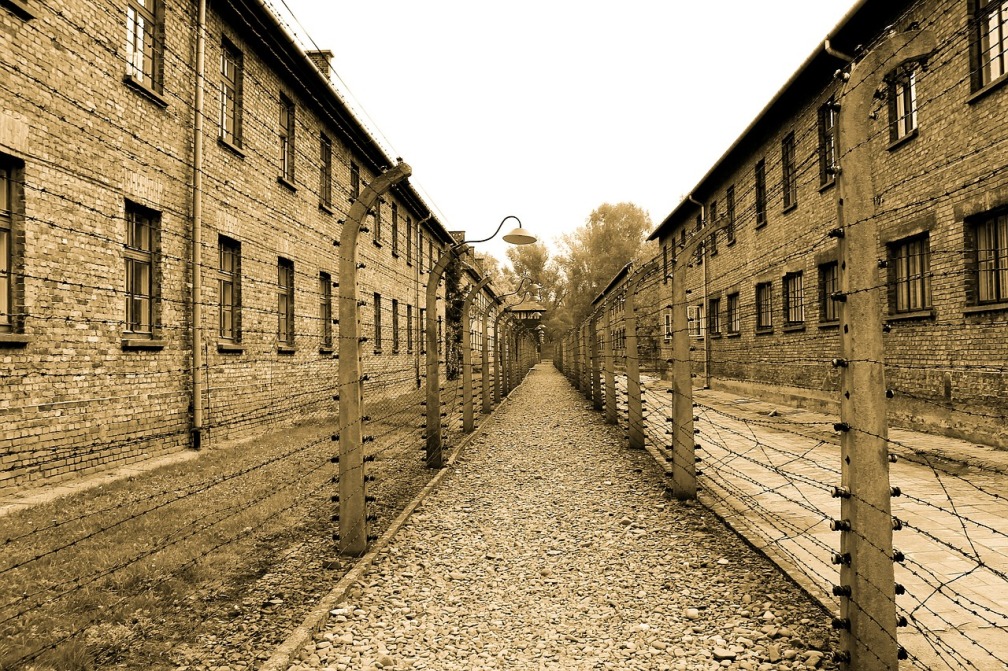According to a new poll from the Warsaw University Center for Research on Prejudice, “More than half of Polish youth visit anti-Semitic websites that glorify Hitler and the Nazi era” The poll has struck a chord in Parliament, leading to renewed debates about “laws governing hate speech” and “Poland’s dwindling Jewish population.”
The Anti-Defamation League’s study puts Polish anti-Semitism around 45%. On the other hand, Professor Dariusz Stola, director of the Museum of the History of Polish Jews, has stated that roughly 25 percent of Poles are anti-Semitic.
No matter which is a more accurate representation, the numbers are still sobering.
Yet in 2014 Poland has made an active effort to heal its relationship (and history) with the Jewish community. The most large-scale interactive effort can be seen in the Polin Museum of the History of Polish Jews.
Polin’s opening ceremony was heralded as an opportunity to stimulate Polish-Jewish relations. For this reason, it was attended by both the Polish President Bronislaw Komorowski, and newly inaugurated Israeli President Reuven Rivlin. Both presidents made statement saying that museum offered hope for the future.
The museum stands on the site of the Warsaw Ghetto. It was “built as a public-private institution, with the Polish government and the city of Warsaw providing $60 million for construction of the building and more than 500 private and institutional donors, many of them Jewish, contributing $48 million for the core exhibition itself.”
Exhibits center around coexistence, thought the current centerpiece is a replica of the wooden bimah and ceiling of the 18th-century Gwozdziec synagogue.
The museum has garnered rave reviews and stands out as the most positive Jewish tourist attraction in the country.
For Poland’s population of around 15,000 to 20,000 Jews, this is a boon. But the most important aspect of the museum is that it provides an educational experience for Poland’s youth, an opportunity to counter the anti-Semitism they absorb from the web.

